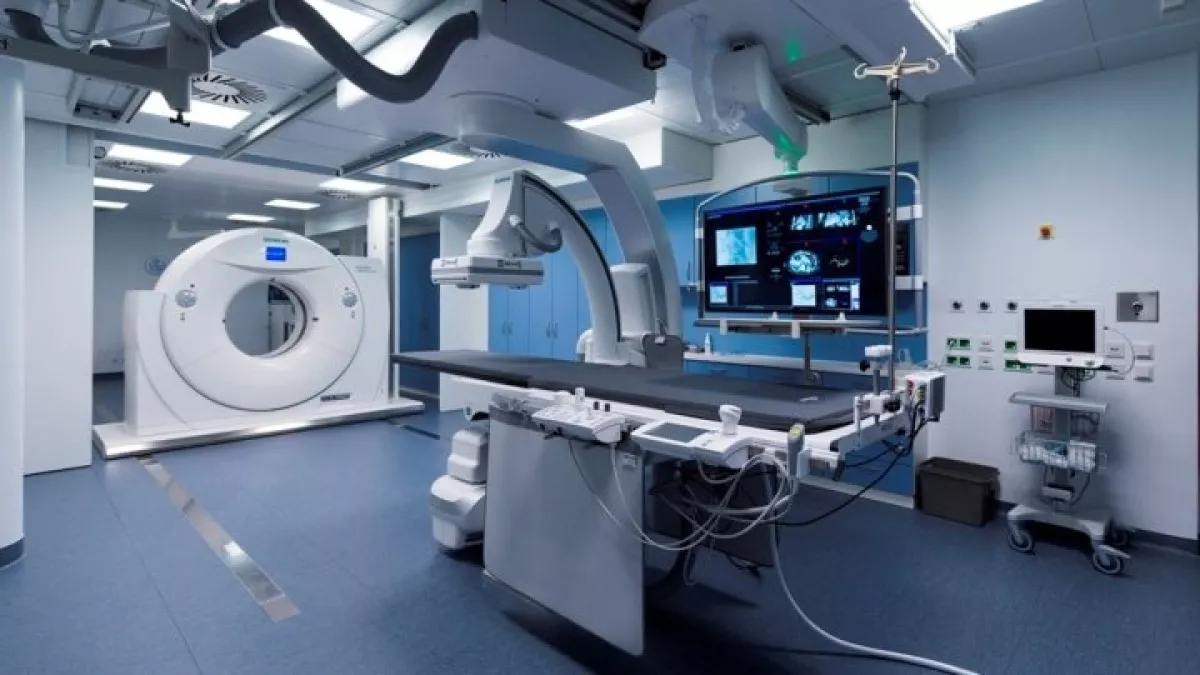The process of registering medical equipment will be simplified

Representatives of Uzbekistan's medical business have made a firm appeal to government agencies to reconsider and significantly simplify the processes of state registration and certification of medical equipment and medical products. This was reported by Upl.uz.
This issue was a central topic in discussing the pressing problems of the industry at an open dialogue organized by the Chamber of Commerce and Industry on July 15. During the meeting, Zafar Pulatov, head of the Bio Nur Med Servis company in Samarkand, delivered the main speech.
He detailed the procedural barriers faced by companies importing high-tech medical equipment. He noted that even if the manufacturer has internationally recognized certifications in countries such as the European Union and the USA, the equipment is required to be registered nationally for a long period.
According to Pulatov, the state registration process for any new medical equipment brought into Uzbekistan takes from six months to a year. This leads to significant delays in the introduction of modern technologies into clinics.
He also drew attention to the paradoxical situation related to mandatory testing. If high-tech equipment has not been used in the country before, it remains questionable how local specialists can conduct full tests.
Additionally, a separate certification process is required after the lengthy registration. To resolve the issue, Pulatov proposed recognizing international conformity certificates at the national level.
In response to this proposal, Davron Vahabov, chairman of the Chamber of Commerce and Industry, suggested forming a working group in collaboration with the Ministry of Health. This group will develop an official list of well-known medical equipment manufacturers worldwide, allowing their products to be registered in a more streamlined manner.
However, long processes are not the only problem. Pulatov emphasized the high costs of certification, noting that this issue is even more pressing for inexpensive medical products and consumables.
For example, the cost of certification can be 100-200 times higher than the product's price. For consumables, a certification fee of 6 million soums has been set for a product priced at one or two dollars.
The amount of state duty is applied equally to equipment worth a million dollars or consumables costing 10 thousand soums. When Pulatov pointed out this inconsistency, they suggested bringing in a large quantity of products.
However, since the annual market demand is only 100-200 units, obtaining such volumes is not feasible. Furthermore, the need to bring a specialist from Tashkent for certification processes incurs additional costs of 1.5-2 million soums for the company.
This increases logistics costs. The problems raised by medical equipment importers resonated with the opinions of representatives from the pharmaceutical sector.
Another participant in the dialogue, whose name was not disclosed, made a similar proposal to simplify the registration of medicines and recognize certifications from leading international regulators. He noted that due to current barriers, popular European and American brands are gradually disappearing from local pharmacies, being replaced by medicines produced in Pakistan, China, and India.
This situation not only reduces the profitability of the distribution business and pharmacy networks but also creates opportunities for the development of a black market for medicinal products. In many developed countries around the world, including the USA (FDA regulator) and the European Union (CE mark), a system exists where medical products are classified according to their risk level.
Low-risk items, such as bandages,

